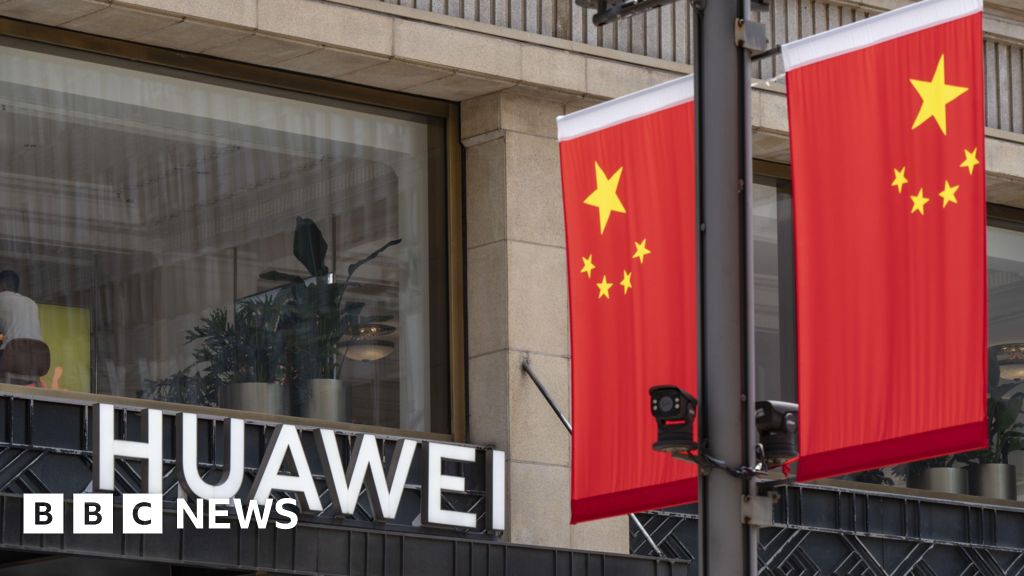Staff of Reuters 3 Minutes to Read (Reuters) – SHANGHAI, July 2 (Reuters) – A day after China’s Communist Party celebrated its centennial, the blue-chip index closed nearly 3% lower, marking its worst day in nearly four months, as investors dropped equities across the board due to growth fears. The Shanghai Composite Index declined 2% to 3,518.76 points, while the CSI300 index sank 2.8 percent to 5,081.12. Both indices saw their greatest percentage decline in a single day since early March. “Given the macro growth hiccup and earnings recovery uncertainty ahead of the forthcoming results season, the market is looking for clearer signals before turning more bullish,” Morgan Stanley wrote in a report. Due to broad-based macro deterioration experienced in April-June, the Wall Street bank cut its prediction for China’s second-quarter GDP growth. China’s June factory activity growth slowed to a four-month low, according to data released on Wednesday, while the country’s non-manufacturing Purchasing Managers’ Index (PMI) also fell during the month. Morgan Stanley also stated in its note that COVID-19 resurgences interrupted consumption activity, as evidenced among flight passengers, catering spending, and auto sales, constraining overall consumption growth remained below pre-COVID-19 patterns. However, the Chinese government is unlikely to introduce further stimulus to boost economy, and investors are concerned that Beijing may limit lending. According to a projection released on Friday by Vanguard, additional easing by Chinese policymakers seems doubtful. Investor sentiment in Asia fell sharply in June, according to State Street Global Markets, owing to “increased tightening fears out of China combined with greater uncertainty around the impact of the Delta variant.” Consumer, healthcare, and brokerage stocks were among the worst performers on Friday. Property stocks in China have fallen as sales growth has slowed and credit conditions have tightened. “Due to tight credit conditions for developers and weak investor sentiment, onshore and offshore capital markets will remain volatile,” said Celine Yang, a Moody’s vice president and senior analyst. (Shanghai Newsroom contributed reporting; Uttaresh.V edited the piece.)/n
Read MoreChina stocks fall most in 4 months amid growth concerns
2021-07-02T08:02:37-04:00July 2nd, 2021|





